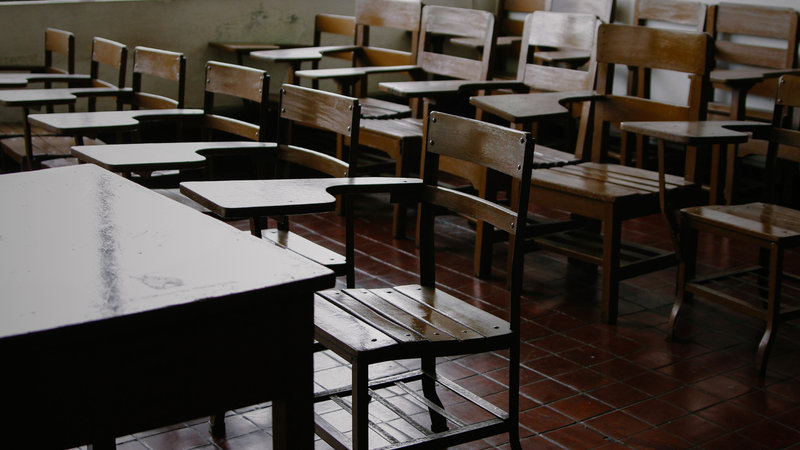Guildhall School Acknowledges Abuse By Former Tutor: The Risks Of Student-Staff Relationships

Physical or sexual abuse can be a consequence of power imbalances. In student-staff relationships in universities and colleges, the failure of educational institutions to protect students has once more been brought into the spotlight. This follows the decision of international opera singer, Idit Arad, to go public about her abuse at Guildhall School of Music and Drama.
Arad was a student at Guildhall in London in the 1980s, where, at the age of 18, she was singled out by her tutor, Paul Roberts, who was 20 years her senior. What began as professional mentorship soon escalated into persistent attention. Arad describes how, from their first lesson, Roberts invited Arad for coffee and dinner to discuss her career. However, over time, Arad states that increasingly intrusive behaviour from Roberts caused her to feel trapped and dependent on her tutor. She recalls Roberts sending her explicit letters and attempting to coerce her into sexual intimacy. Despite being aware of the situation, senior leadership at Guildhall did not take disciplinary action against Roberts.
It was not until more than 30 years later that Arad formally complained to the institution about its failure to act. Reflecting on her time at the school, Arad noted that she should have felt secure in an environment focused on her development, but instead she was targeted by someone in a position of authority. She believes that staff members who were aware of the situation should have ensured her safety and well-being, yet Guildhall failed to intervene. Another music teacher at the school, Phillip Pickett, was jailed in 2015 for sexually assaulting a pupil in 1978, which the judge described as a ‘gross abuse in trust’.
Only in 2022, after Arad came forward with a formal complaint, did the institution accepted its failure to protect students like her, and only last month was the abuse publicly acknowledged by Guildhall.
This long-delayed recognition underscores the dangers students face in environments where boundaries are not properly enforced, and those in power can abuse their position without consequence. The school’s apology letter also stated that such interactions between staff and students were ‘not unique’ at the time.
While universities may disapprove of student-staff romantic relationships, it is not illegal for two consenting adults to engage in such relationships. However, as Arad’s case demonstrates, when an imbalance of power exists, there is a heightened risk of abuse. One individual can leverage their authority to promise favours or threaten harm, which can lead to emotional, physical or sexual exploitation.
Many universities, despite their duty of care to students, fail to prevent these relationships, with 16 out of 24 Russell Group universities in the UK continuing to have policies that allow them, while only five expressly prohibit such romantic partnerships.
This raises the pressing question of what can be done to prevent such abuse from occurring again. The Office for Students, the independent regulator for higher education, plans to introduce comprehensive new guidelines in August 2025. These regulations will require universities and colleges to implement strong safeguarding policies and address the risks of student-staff relationships and the abusive dynamics they can foster.
The changes aim to empower students by providing better access to support and offering improved staff training to report inappropriate relationships. Moreover, the regulations will prohibit the use of Non-Disclosure Agreements to conceal allegations of harassment or sexual abuse. According to the Office for Students, these changes are necessary because such issues have a profound impact on students, making it imperative to create safer academic environments moving forward.
Jordans Solicitors – helping victims of abuse claim compensation.
If you have been a victim of physical and/or sexual abuse and would like to speak to one of our Specialist Abuse Lawyers in confidence, please do not hesitate to contact us.
We have the knowledge and experience to advise you on the available options for pursuing a Criminal Injuries Compensation Claim and/or civil damages claim.
Our Abuse Compensation Team can be contacted by telephoning 08009555094 or 03303001103.
Request a Call Back
Get in touch today and receive a call back from a member of our team.
Contact Us
Free Online Drop In
Our team offer a free, online, 30 minute initial consultation every day. To book a meeting with a member of our team, click here: